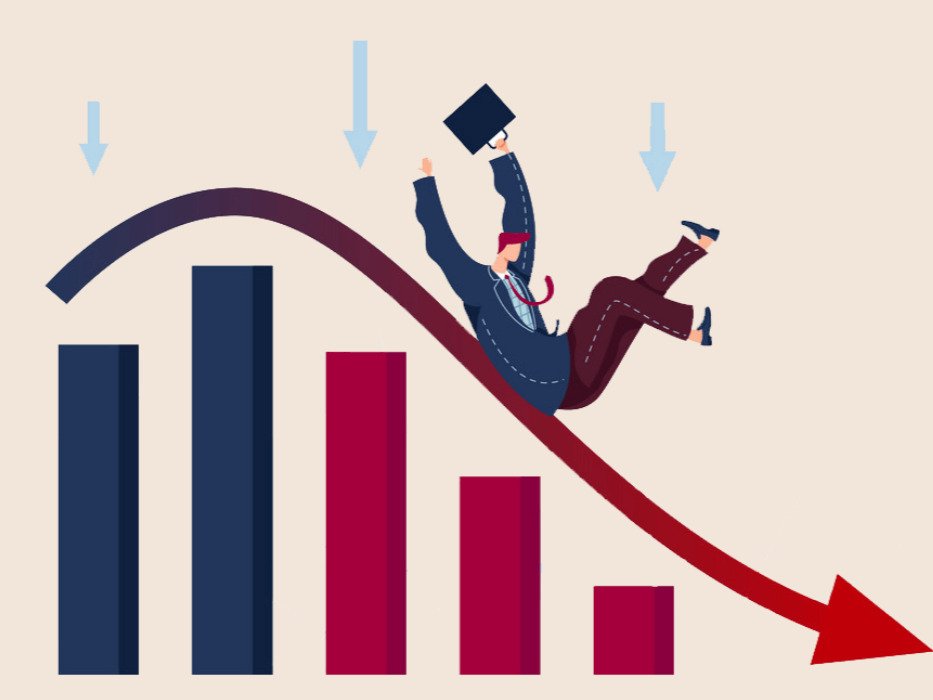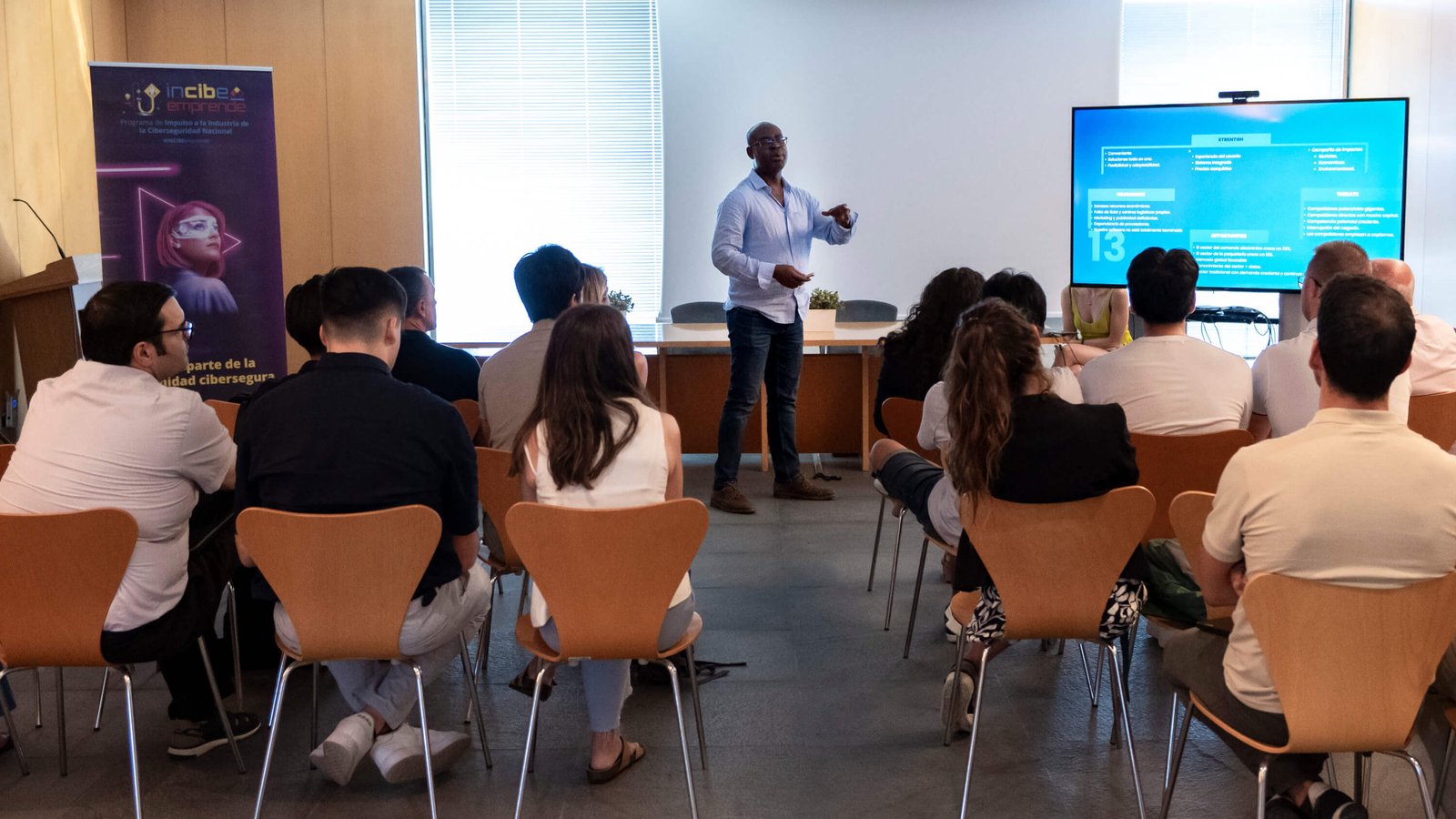It's a bit of a gamble when it comes to protection if things take a turn for the worse
When it comes to claims against regulated companies that have gone belly up, protection entities won’t cover losses from poor investment performance.
For instance, the Central Bank Complaints Service in some countries, like the Spanish Central Bank (BdE), doesn’t extend its coverage to poor investment performance. If you have a grievance against a platform regulated by the CNMV, the BdE might take a look at it. It’s a good idea to familiarize yourself with the protections offered by the central bank in the country where you’re investing your money.
If you’re keen on finding out more about safeguarding your investments and diving deeper into investment-based crowdfunding, you’re in the right place!




